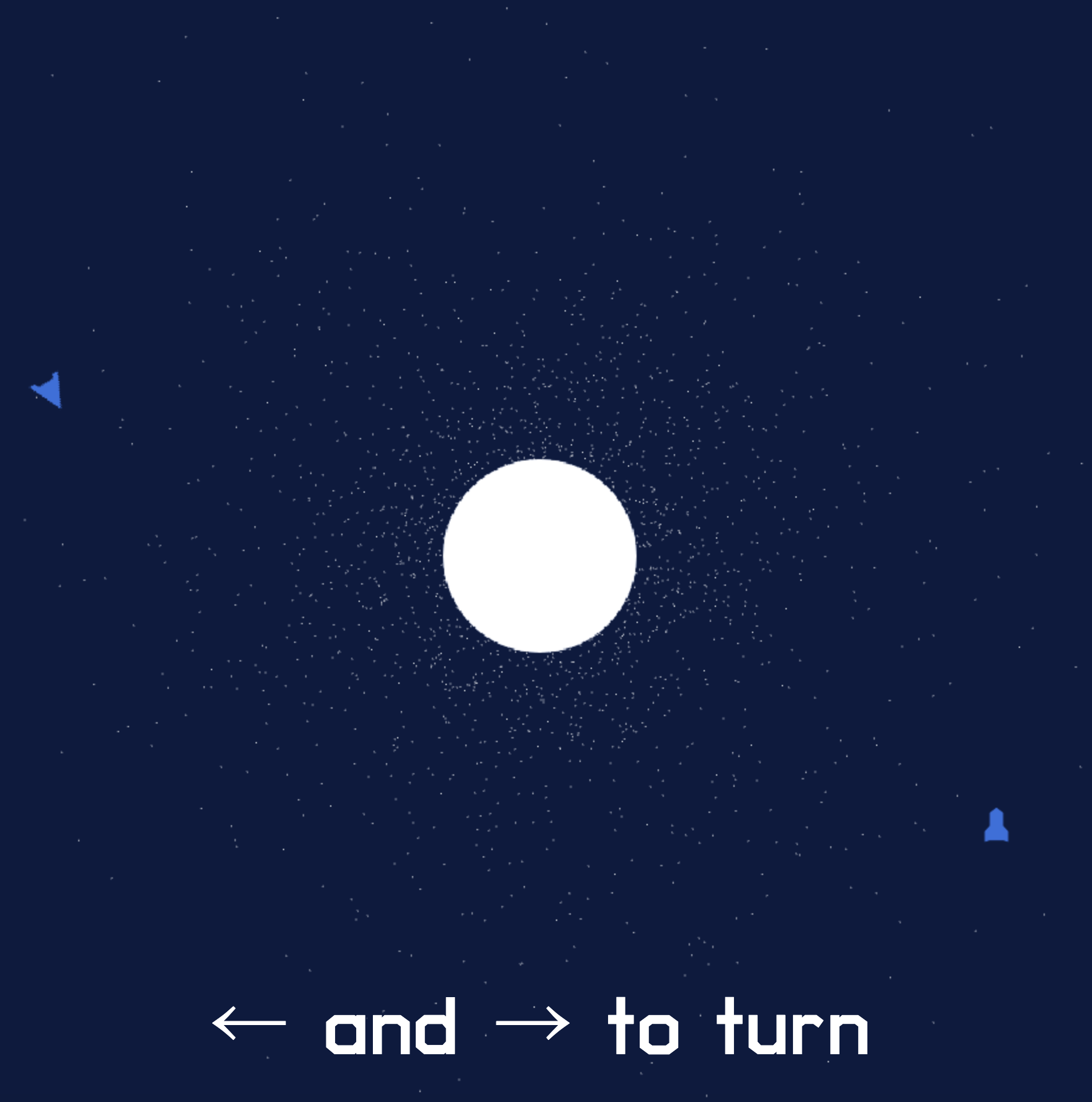The original work is Laremere/space-agon.
Space Agon is a integrated demo of Agones and Open Match.
Be aware of billing charges for running the cluster.
Space Agon is intended to run on Google Kubernetes Engine (GKE) and has been tested with the configured cluster size. Leaving the cluster running may incur your cost. You need to be responsible for the cost. (See pricings of GKE, Cloud Build and Artifact Registry.)
Create your Google Cloud Project.
Install tools in your dev environment:
Google Cloud Shell has all tools you need.
# Set Your Project ID before you run
export PROJECT_ID=<your project ID>
export LOCATION=us-central1
export ZONE=$LOCATION-a
export REPOSITORY=space-agon
gcloud services enable artifactregistry.googleapis.com \
container.googleapis.com
gcloud config set project $PROJECT_ID
gcloud config set compute/zone $ZONE
# Create cluster (using default network)
# Set NETWORK=<your network>, if you want to select the network
make gcloud-test-cluster
# Create Artifact Registry Repository
gcloud artifacts repositories create $REPOSITORY \
--repository-format=docker \
--location=$LOCATION
# Assign roles to default service account
gcloud projects add-iam-policy-binding $PROJECT_ID \
--member serviceAccount:$(gcloud iam service-accounts list \
--filter="displayName:Compute Engine default service account" \
--format="value(email)") \
--role roles/artifactregistry.reader
# Login Artifact Registry
gcloud auth configure-docker $LOCATION-docker.pkg.dev
# Add Helm Repositories
make helm-repo-add
# Install Agones
make agones-install
# Install Open Match
make openmatch-install# Start minikube
# ref: https://minikube.sigs.k8s.io/docs/commands/start/
# Or you can other dirvers
minikube start --cpus="2" --memory="4096" --kubernetes-version=v1.25.15 --driver=hyperkit
# Add Helm Repositories
make helm-repo-add
# Install minimized Agones
make agones-install-local
# Install minimized Open Match
make openmatch-install-localMake sure you installed docker to build and push images
# Build Space Agon images
make build
# Deploy Space Agon
make install# Build Space Agon images for minikube cluster
make build-local
# Deploy Space Agon for minikube cluster
make installGet External IP from:
kubectl get service frontendWhen you run Space Agon in minikube, you should followings in another terminal:
minikube tunnelOpen http://<external ip>/ in your favorite web browser. You can use "Find Game" to start searching for a match.
Repeat in a second web browser window to create a second player, the players will be connected and can play each other.
View Running Game Servers:
kubectl get gameserverThen use the connect to server option with the value <ip>:<port>.
If you'd like to modify your parameters of your deployments, you can change in install/helm/space-agon/values.yaml or use --set parameters directly.
Space Agon uses Helm to install the applications.
# values.yaml
frontend:
name: frontend
replicas: 2
containerPort: 8080
servicePort: 80
serviceType: LoadBalancer
image:
repository: YOUR_REPO_NAME_HERE
tag: YOUR_TAG_HERE
...# Uninstall Space Agon Applications
make uninstallmake agones-uninstallmake openmatch-uninstallYou can remove Helm repositories by the command, if you do not need.
make helm-repo-remove# Delete project
gcloud projects delete $PROJECT_IDIn case testing your original match making logics, skaffold can help you debug your applications.
After running make build or make build-local, you're ready to run skaffold commands.
Once you create a skaffold.yaml, you can run skaffold commands.
# You need envsubst for setting up a skaffold file
# Setup skaffold
make skaffold-setup
# For local development
make skaffold-setup-local
# Build Space Agon images with Cloud Build
skaffold build
# Run Applicaitons in the local Space Agon cluster for debugging.
skaffold dev
# Use cloud profile in case of GKE (Run `make build` first)
skaffold dev -p cloud
# Check your deployed yaml file
skaffold renderModifying applications or helm values during skaffold dev triggers Build and Deploy again automatically.
For more commands and details, visit skaffold.
When you would like to test the application, follow the steps below.
- Create a Space Agon k8s cluster.
- Run below commands for integration test.
# Run you Space Agon applications
# Optiionally, you can use `skaffold dev`
make install
# Open another terminal and
# Run Test command
make integration-test- Create a Space Agon k8s cluster on minikube.
- Run below commands for integration test.
# Connect to service in minikube
minikube tunnel
# Open another terminal and
# Run Test command
make integration-testThis is Apache 2.0 License.
This is not an officially supported Google product.

